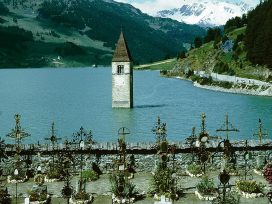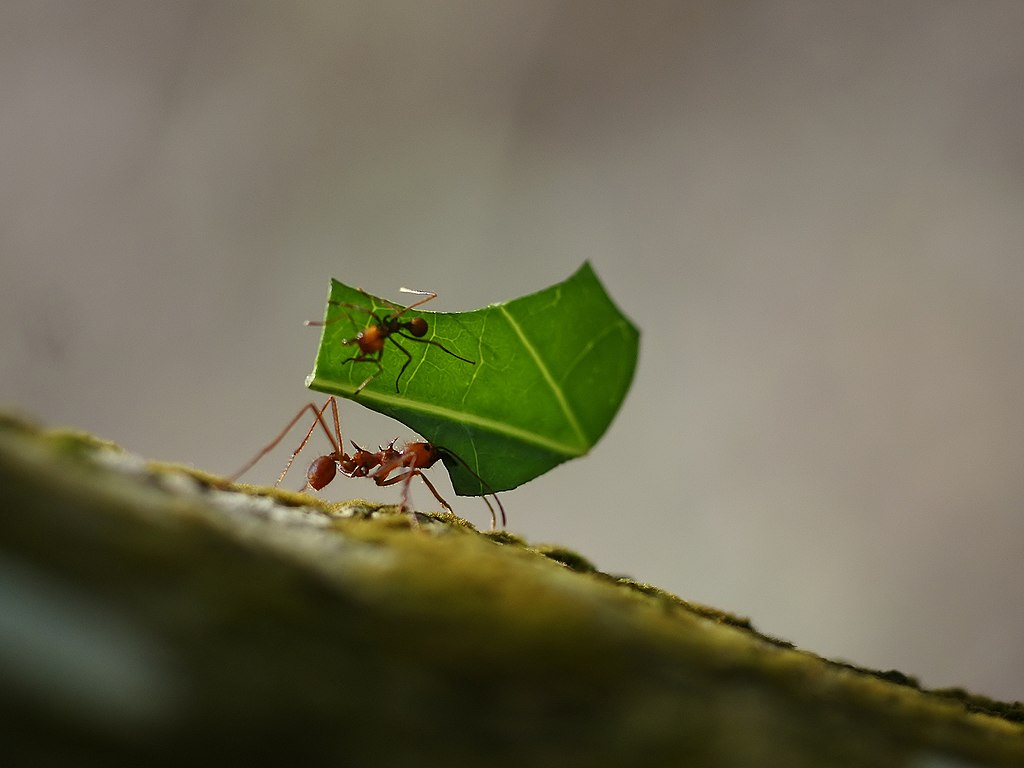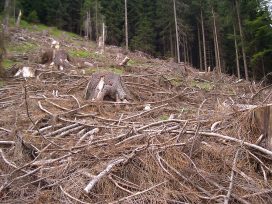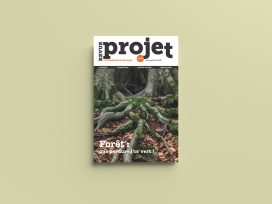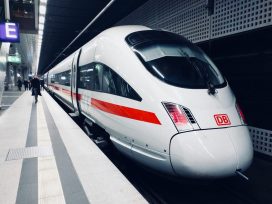Imagine a world in which Franz Kafka was free to write at leisure. Would the insurance officer’s existential angst have been eased by not having to fit his stories in between handling compensation claims? Would life have been more satisfying had his ‘bread and butter’ been writing, as opposed to his free time being filled with more work?
‘One morning Gregor Samsa woke in his bed from uneasy dreams and found he had turned into a large verminous insect’ – the opening line to Metamorphosis speaks to all those who feel trapped by societal constraints; the travelling salesman, dramatically transformed from one day to the next, can no longer feign fitting into a productive work scheme, a respectable home life.
Recognizing modern slavery
The undeniably deadly fate of Gregor Samsa is a given, but his limited condition, kept in his room, could also be read as time to reflect – finally. Jean-Miguel Pire, writing on the otium, highlights that contemplative time is still not valued enough. Despite ancient precedents where ‘productive withdrawal’ was associated with ‘intelligence … as a human right’, the new norm is what anthropologist David Graber, referenced by Pire, calls ‘bullshit jobs’, precarious positions where even time for eating and sleeping is sacrificed to work.
‘All their time is vulnerable to being overtaken … Lives, barely worthy of the name, are completely vampirized by repetitive, meaningless micro tasks, which are no more than units of time sold to algorithms that are often the only point of contact for these unfortunate employees,’ writes Pire. In defense of the overworked and underpaid, he concludes, ‘long considered an aristocratic privilege, otium should be seen for what it really is: a human right that could enable all of us to become the protagonists of our own lives’ – Samsa’s daydream.
But where does time out for reflection come from when trying to make ends meet?
The values of a new sobriety
Downsizing tackles the conundrum of contemporary slavery from a different angle. Reducing outgoings and, therefore, needing less money can potentially result in gaining time, simultaneously saving resources.
However, many experience existential fears over broad lifestyle changes. When it comes to energy consumption, restrictions are unpopular. ‘In capitalist democracies, access to energy is expressed either as a right for the poorest or as a freedom for the richest. As such, efforts to green these democracies … give rise to fears of insecurity among some and, among others, the sense that their freedom and way of life are under threat,’ writes Swen Ore.
‘Could the principles of rationing offer an alternative to the current state of rising energy poverty amid ecological crises’, Ore asks, offering a practical ‘energy sobriety’ solution. ‘Under this system, the first kilowatt-hours consumed are inexpensive and prices then increase in stages. A progressive tariff thus guarantees that essential needs are met, while large consumers pay a premium. A well-known formula by political scientist and journalist Paul Ariès sums up this approach: “free use and expensive misuse”.’
Unlike the carbon footprint model, where big business coerced individuals into perceiving their consumption as the main negative impact on the environment, shifting the blame and shame away from industry, ‘this principle can also be applied to businesses and industries based on their ecological, social and economic impacts in order to maintain and increase our collective power to live with dignity,’ writes Ore.
More-than-human intelligence
This notion of dignity for all is being expanded further, encompassing other entities also dependent on a healthy planet. ‘The ingenuity and inventiveness of the natural world, its complexity and its collaboration, are becoming harder and harder to deny,’ writes Jay Owens. ‘Some people are even calling it intelligence.’
Octopuses, bees, slime molds, mushrooms – Owens describes the new protagonists of literature addressing more-than-human intelligence. In an interview, the British artist and technologist James Bridle, author of Ways of Being: Beyond Human Intelligence, tells Owens, ‘We’re all desperately searching for a way of making sense of a world that has clearly gone quite horrifically in the wrong direction, and is proceeding further in that direction all the time … And so there’s a need for new knowledge and new understandings … It requires thought, it requires the construction of new models and metaphors of how the world works.’
Any writing on more-than-human intelligence would be incomplete without mentioning AI. Products such as ChatGPT, which propose algorithmic solutions to creative tasks, are receiving mixed reviews: the potential to relieve workers of certain jobs may open up time for more developed thinking but replacing the human touch is regarded with scepticism. Owens describes, for example, how ‘“longtermist” thinkers fret over the risks of artificial general intelligence … Bridle describes this as “a new Copernican trauma”, “wherein we find ourselves standing on a ruined planet, not smart enough to save ourselves, and no longer by any stretch of imagination the smartest living things around.” Through ecology and technology both, we come to a new cosmology in which man is no longer the centre of the universe – which may be, for some, a shock.’
Owens adds: ‘We live in a doubly existential moment. We have named an entire geological era, the Anthropocene, for our abilities to terraform the planet – and yet we fear that we are unable to terraform our own culture enough to make it compatible with sustaining life.’ In seeking dominance over other aspects of the natural world, we, humans, have forced a division. Perceiving everything extraneous to the self as other has led to a sense of control, which can easily pivot from intended security to feelings of insecurity. We have never been nor will we ever be impervious. But how we handle that awareness is open to interpretation.
‘The ultimate gift of this more-than-human thinking might be to make us more humane,’ concludes Owens. Indeed, a definite boon in the new sense of interconnectivity might be that we no longer need feel so isolated. Perhaps another level of the existential angst in Kafka’s Metamorphosis, the travelling-salesman-turned-insect unable to communicate, is on the verge of being better understood.
Before writing this editorial, I attempted to run an AI writing trial. Perhaps I could have freed up my time for open contemplation. But on attempting to create an account, I received this notification: ‘ChatGPT is at capacity right now’. Back to the drawing board.
